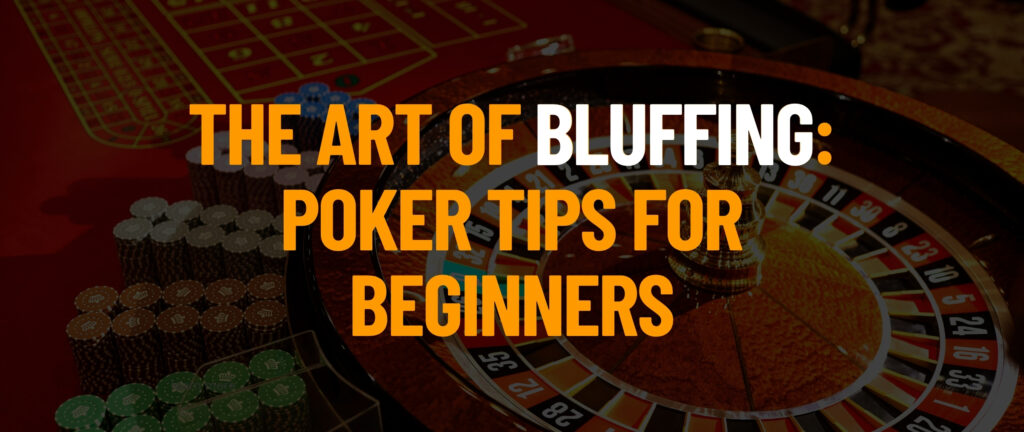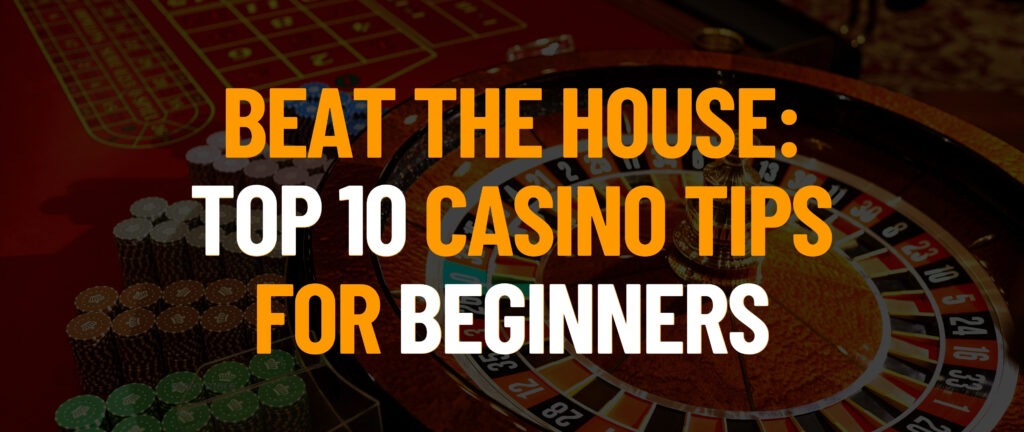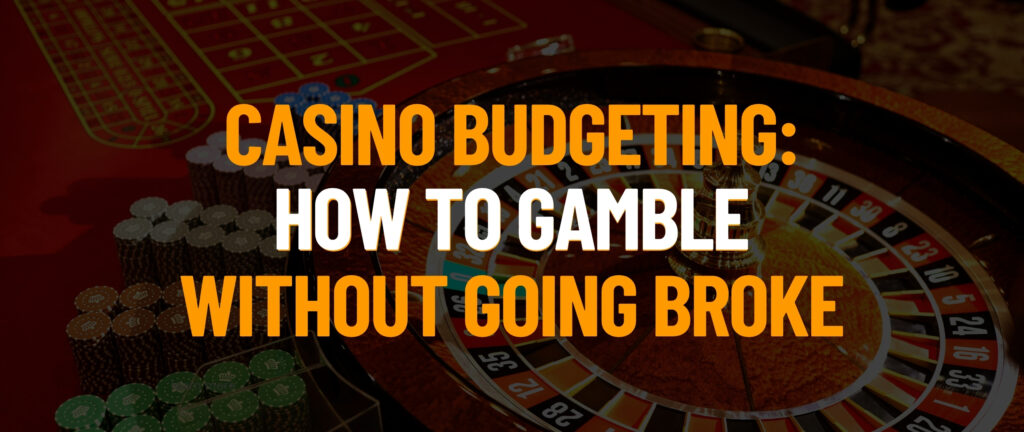Walking into a poker game for the first time can feel like stepping into a high-stakes movie scene, players eyeing each other, chips clinking, and tension in the air. At the heart of poker’s allure is the art of bluffing, a skill that can turn a weak hand into a winning one. For beginners, mastering bluffing is both exciting and intimidating. Don’t worry, this guide will break down the essentials of bluffing and share practical poker tips to help you play smarter, build confidence, and maybe even pull off a few convincing bluffs at the table.
What Is Bluffing in Poker?
Bluffing is when you bet or act in a way that convinces your opponents you have a stronger hand than you do. The goal? Get them to fold, letting you win the pot without revealing your cards. Bluffing isn’t about lying for the sake of it; it’s a strategic tool that, when used wisely, can give you an edge. But it’s also a double-edged sword; bluff too often or at the wrong time, and you could lose big. Let’s dive into some beginner-friendly tips to bluff effectively and play poker like a pro.
1. Understand the Basics of Poker First
Before you try bluffing, make sure you know the fundamentals of poker. Learn hand rankings (e.g., a flush beats a straight), the flow of the game (blinds, flops, turns, rivers), and basic betting strategies. Bluffing only works if you understand the game’s structure and can read the table. Many casinos offer free poker lessons, and online apps let you practice without risking money. A solid foundation makes your bluffs more believable.
2. Start with Small Bluffs
As a beginner, don’t go all-in with a dramatic bluff right away; that’s a recipe for disaster. Start small to test the waters. For example, in Texas Hold’em, if the flop (the first three community cards) shows potential for a strong hand (like three cards of the same suit), you might bet modestly to suggest you’re chasing a flush, even if your hand is weak. Small bluffs are less risky and help you gauge how opponents react without blowing your budget.
3. Read Your Opponents
Bluffing is as much about psychology as it is about cards. Pay attention to how your opponents play. Are they cautious, folding easily to big bets? Or are they aggressive, calling every raise? Look for “tells” physical or behavioral clues, like fidgeting or hesitation, that might reveal their confidence (or lack thereof). Against tight players who fold often, a well-timed bluff can work wonders. Against loose players who call everything, save your bluffs for stronger moments.
4. Choose the Right Moment to Bluff
Timing is everything in bluffing. The best bluffs happen when the situation supports your story. For example:
- On the Board: If the community cards suggest a strong hand (e.g., an ace and king on the flop), you can bet as if you have a high pair, even if you don’t.
- Position Matters: Bluffing from a late position (acting after most players) is easier because you’ve seen how others bet, giving you more information.
- Small Pots: Bluffing in smaller pots is less likely to draw suspicion, as opponents are less invested and more likely to fold.
Avoid bluffing when the table is crowded with players or when someone’s already betting aggressively; they’re more likely to call or raise, catching you out.
5. Keep Your Story Consistent
A successful bluff tells a believable story through your betting. If you’re acting like you have a strong hand, your bets should match that narrative. For instance, if you raise pre-flop to suggest pocket aces, don’t suddenly check on the flop; it looks suspicious. Bet consistently, as if your hand is improving with each community card. Inconsistent betting can tip off observant players that you’re bluffing.
6. Don’t Over-Bluff
One of the biggest mistakes beginners make is bluffing too often. If you’re constantly trying to fake out your opponents, they’ll catch on and start calling your bets, even with mediocre hands. Bluff sparingly, maybe once or twice per session, and only when the situation feels right. A good rule of thumb: for every bluff, play several hands honestly to keep opponents guessing.
7. Control Your Emotions and Body Language
Bluffing requires a poker face, both literally and figuratively. If you’re nervous, excited, or overly confident, your body language might give you away. Practice keeping a neutral expression and steady demeanor, whether you’re holding a royal flush or a weak hand. Avoid obvious tells like fidgeting, looking at your chips, or glancing nervously at opponents. Act the same way for every hand to keep your bluffs unpredictable.
8. Set a Budget and Stick to It
Bluffing can be thrilling, but it’s easy to get carried away and bet more than you planned. Before you sit at a poker table, set a clear budget for the session money you’re okay losing. Only bring that amount in cash, and leave cards at home to avoid dipping into extra funds. Bluffing should be a calculated risk, not a reckless gamble that breaks your bank.
9. Know When to Fold
A good bluffer knows when to back off. If an opponent calls your bluff or raises aggressively, they might have a strong hand or suspect you’re faking. Don’t dig yourself deeper by throwing more chips into a losing bluff. Folding is sometimes the smartest move; it saves your stack for better opportunities. As the saying goes, “Live to fight another day.”
10. Practice, Practice, Practice
Bluffing is a skill that improves with experience. Start with low-stakes games, like home games with friends or online poker with play money, to hone your skills. Pay attention to what works and what doesn’t. Over time, you’ll develop an instinct for when to bluff, how much to bet, and how to read the table. Keep learning by watching tutorials, reading poker books, or even observing experienced players at the casino.
Bonus Tip: Enjoy the Game
Poker is as much about fun as it is about strategy. Bluffing adds a layer of excitement, but don’t let it overshadow the joy of the game. Celebrate small wins, laugh off losses, and treat every hand as a learning experience. A relaxed, confident vibe at the table can also make your bluffs more convincing, nobody suspects the player who’s having a good time.




